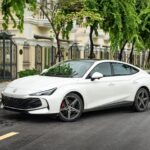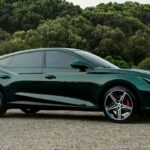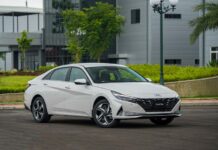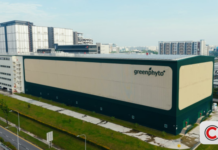The Vietnam Automobile Manufacturers’ Association (VAMA) has just released sales figures for August 2024, highlighting notable fluctuations in the hybrid vehicle segment.
Specifically, hybrid segment sales reached 788 units in August, an increase of 6 units compared to the previous month. From the beginning of the year until now, a total of 6,937 hybrid vehicles have been sold.
The most remarkable comeback in August belonged to the Toyota Corolla Cross. With a sales volume of 429 units, it surged ahead of its competitors, marking a 342% increase (332 units) compared to its July 2024 performance of 97 units. This significant leap firmly establishes the Corolla Cross as a standout performer in the hybrid segment.
In contrast, the Honda CR-V hybrid experienced an unexpected decline, dropping from 270 units sold in July 2024 to only 117 units in August 2024, equivalent to a 56.67% decrease. As a result, the Honda CR-V slipped to third place in the hybrid sales rankings for August.
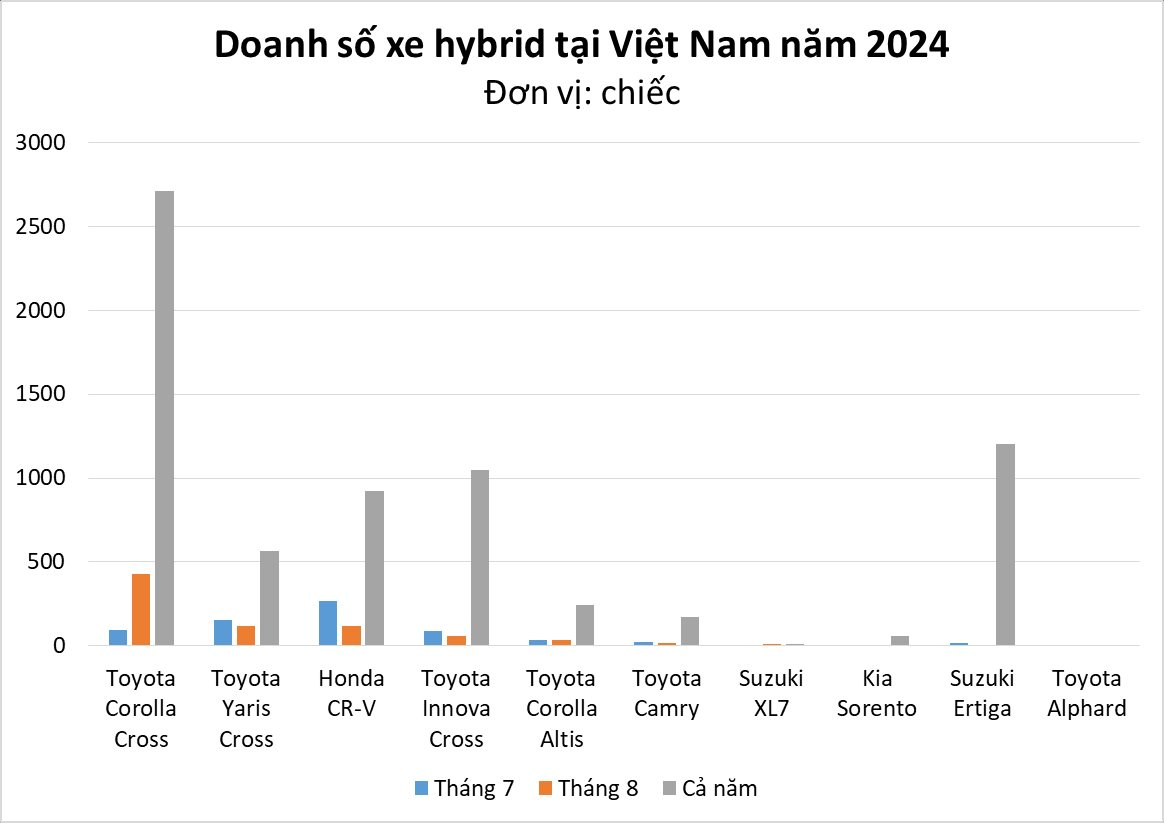
Another notable shift is Suzuki’s decision to discontinue the Ertiga Hybrid as of July 2024, with only 19 units delivered to customers in its final month. Instead, Suzuki has introduced the new XL7 Hybrid, priced at VND 599.9 million. However, the XL7 Hybrid’s sales performance in August 2024 was modest, with only 13 units sold nationwide.
Toyota remains the dominant brand in Vietnam’s hybrid vehicle market, offering six hybrid models. Notably, two of their models, the Toyota Corolla Cross and the Toyota Yaris Cross, achieved sales of over 100 units each. This demonstrates the Japanese automaker’s strong commitment to developing environmentally friendly vehicles, aligning with the growing demands of consumers.
The trend towards hybrid vehicles is evident in the latter half of 2024, with numerous new models already launched or soon to be introduced, including the Hyundai Santa Fe, Honda Civic, Toyota Camry, Kia Carnival, and Jaecoo J7, to name a few.
The hybrid segment is gaining significant attention, as evidenced by VAMA’s recent proposal to the government. The association has suggested that the government offer tax incentives for hybrid electric vehicles (HEVs) and plug-in hybrid electric vehicles (PHEVs) to encourage their adoption. Specifically, VAMA recommends reducing the special consumption tax rate for HEVs to 70% of the rate applied to gasoline and diesel vehicles of the same type, instead of the current 100%. For PHEVs, they propose a tax rate of 50% of that applied to gasoline and diesel vehicles, down from the current 70%.
According to VAMA’s analysis, the economic, environmental, and social impacts of reducing the special consumption tax rate by 30%-50% for HEVs and PHEVs are significant. During the period of 2026-2030, while the state budget revenue is estimated to decrease by VND 5,000 billion per year (equivalent to a 2.5% reduction in total revenue), this loss will be offset by fuel cost savings of VND 26,000 billion and crude oil import cost savings of VND 28,000 billion over the vehicles’ lifetimes. Furthermore, providing tax incentives for hybrid vehicles will have additional benefits, including energy security, reduced CO2 emissions, and encouragement of technological advancements in the automotive industry.
PGS-TS Tran Dinh Thien, former Director of the Vietnam Economic Institute, supports the proposal to reduce taxes for environmentally friendly hybrid vehicles. He also suggests using tax tools to discourage the use of gasoline-powered vehicles, such as imposing higher taxes on them. “The global trend is to impose heavy taxes on products that cause environmental pollution,” emphasized PGS Thien.
The Ultimate August Automotive Extravaganza: A Showcase of SUV, MPV, and Sedan Excellence, with a Chinese Twist.
After July, the Vietnamese automotive market will continue to witness an influx of Chinese car models, including the debut of a brand new brand.
Suzuki XL7 Hybrid Arrives in Vietnam: Priced at Almost VND 600 Million, Featuring Cruise Control, Wireless CarPlay, and More to Take on the Xpander Cross and Stargazer X
The addition of hybrid technology, along with upgraded features and competitive pricing, could be the key to revitalizing the Suzuki XL7’s sales performance in the highly competitive automotive market. With these strategic enhancements, Suzuki has the potential to recapture the attention of consumers and reignite the model’s growth trajectory.
Suzuki XL7 Hybrid Confirms Vietnam Launch: 1.5L Petrol Engine with 103 hp Electric Generator, Priced Above 600 Million VND
The Japanese automaker has confirmed that the highly-anticipated Suzuki XL7 Hybrid will make its debut on August 20th in Ho Chi Minh City.

